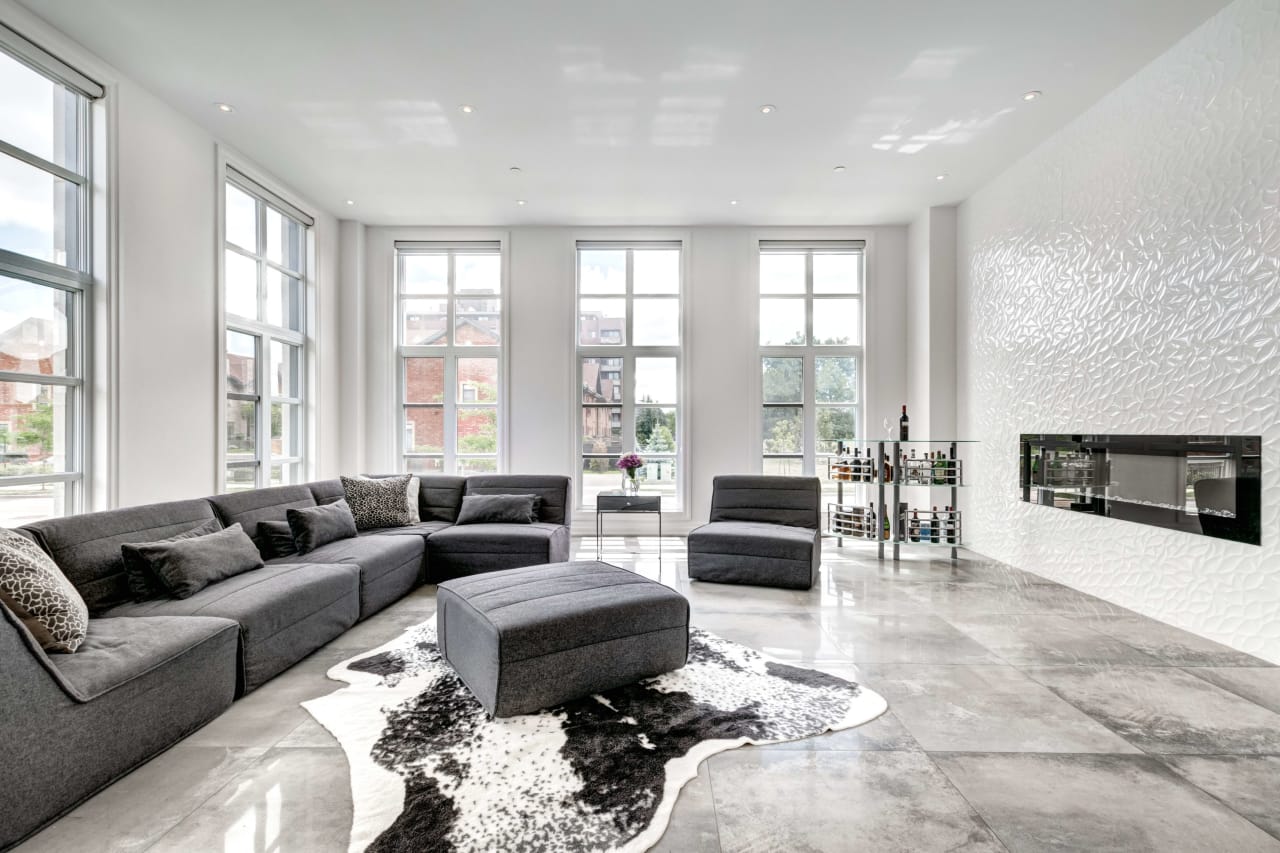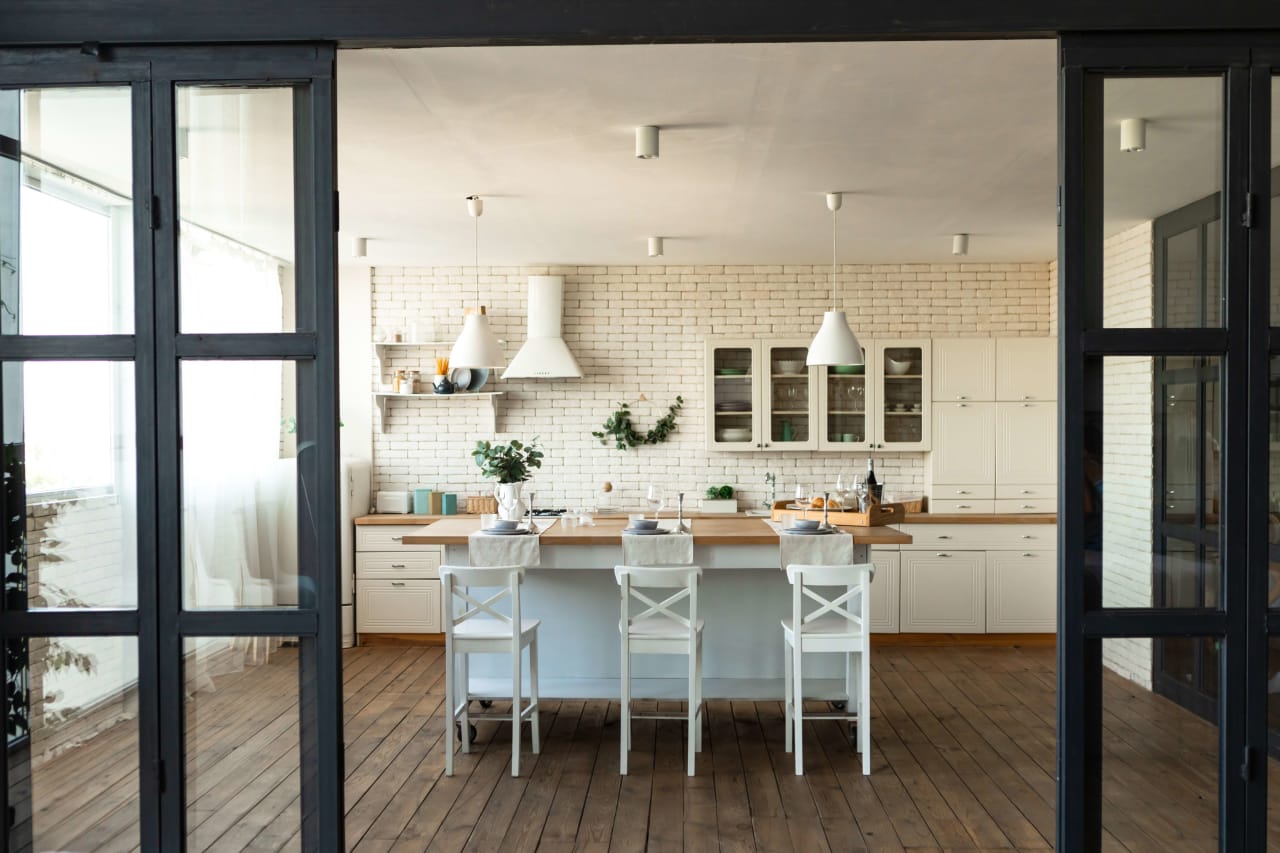Tenants notice comfort, reliability, and lower utility bills. If you own rental property in Washington Township, even a few strategic energy upgrades can reduce complaints, shorten vacancies, and support stronger long-term value. You want results without overcomplicating the process or overspending.
In this guide, you’ll learn which upgrades renters value most, how to phase improvements for fast impact, and where to find New Jersey incentives and financing. You’ll also see simple ways to measure results so you can market real savings and comfort. Let’s dive in.
Why energy upgrades pay in Washington Township
New Jersey residents face above-average electricity and seasonal heating costs. In much of Bergen County, PSE&G is the typical utility, so reducing consumption directly improves your operating costs and helps tenants manage monthly bills.
Renters consistently prioritize lower utilities, thermal comfort, and modern amenities like smart thermostats and EV charging. Properties that deliver these tend to see stronger demand and lower turnover than comparable units that feel drafty or expensive to run.
For owners, lower energy use can raise net operating income when you pay some or all utilities. Even when tenants pay, documented savings and improved comfort can support rentability and retention, which protects cash flow.
High-impact upgrades renters notice
Quick wins with fast payback
- LED lighting in units and common areas. Simple to install with a typical payback under 1–2 years. Tenants perceive better quality and modern updates.
- Programmable or smart thermostats. Better comfort control and a potential 6–12% reduction in heating and cooling use depending on behavior. Often rebate-eligible.
- Low-flow fixtures and aerators. Cut water and hot water costs while maintaining good performance.
Comfort first: air sealing and insulation
- Air sealing and attic insulation. These address drafts and temperature swings, two common tenant complaints. ENERGY STAR and DOE estimate combined savings of about 10–20% on heating and cooling energy, depending on current conditions.
- Targeted caulking and insulation. Seal around windows and doors, and add insulation where practical. Returns are solid in older buildings.
HVAC upgrades and electrification
- Cold-climate air-source heat pumps or ductless mini-splits. In New Jersey’s moderate climate, heat pumps commonly cut heating energy by about 30–50% compared with electric resistance. Savings versus gas vary by price and efficiency. Comfort improves, and maintenance often drops.
- High-efficiency furnaces and central AC. If full electrification is not feasible yet, upgrading legacy systems still trims operating costs and improves reliability.
Water heating improvements
- Heat pump water heaters. These are far more efficient than conventional electric or gas models in many scenarios and can be strong candidates for common areas or domestic hot water in multifamily.
Appliances tenants appreciate
- ENERGY STAR refrigerators, washers, dryers, and dishwashers. These lower energy and water use and help listings stand out as turnkey.
Windows and ventilation
- High-performance windows or storm windows. These reduce heat loss and drafts. Payback is longer, so they’re often best during larger renovations.
- Balanced ventilation with heat recovery. In bigger retrofits, HRV/ERV systems improve indoor air quality and can reduce loads.
Solar and EV charging
- Rooftop solar. If you pay common-area electricity or include utilities in rent, solar can materially reduce operating expenses and improve NOI. Battery storage can add resilience and help manage peak demand.
- Level 2 EV charging. A desirable amenity for renters with electric vehicles and a differentiator in listing copy.
Typical savings and payback ranges
- LED lighting and basic controls: payback often under 2 years.
- Air sealing and insulation: typical 3–7 year payback and 10–20% HVAC energy savings.
- Heat pump HVAC replacements: often 5–12 year payback, depending on the fuel replaced, rates, and incentives.
- Heat pump water heaters: often 3–7 year payback with incentives.
- Solar PV: simple payback typically 6–12+ years before incentives; attractive when you offset owner-paid electricity.
Incentives and financing in New Jersey
New Jersey supports energy upgrades through state and utility programs, with additional federal options. Confirm eligibility for your specific property type and ownership structure.
- NJ Clean Energy Program. Offers incentives for heat pumps, heat pump water heaters, energy audits, and multifamily/commercial pathways. Incentive levels change, so check current offerings.
- Utility-run programs. PSE&G and other utilities provide rebates for HVAC, heat pumps, lighting, and audits. Many offer free or subsidized assessments for commercial and multifamily properties.
- NJ PACE (Property Assessed Clean Energy). Long-term financing repaid via your property tax bill. Covers efficiency, electrification, solar, and resilience projects. Useful for larger capital plans.
- Federal incentives. The investment tax credit for solar and energy storage can apply to rental properties when operated as a trade or business. The 179D deduction can apply to certain commercial and multifamily projects. Consult a tax advisor on applicability.
- Other pathways. On-bill financing through utilities where available, performance contracts with ESCOs for larger multifamily, commercial loans, and HUD programs for multifamily rehab. Check for occasional Bergen County or Township opportunities.
A phased capital plan you can start now
Use this sequence to reduce turnover drivers quickly and set up bigger savings over time. Start with an energy audit to confirm priorities.
Phase 0: Pre-work
- Get an energy audit and benchmark 12 months of utility bills.
- Ask for a prioritized list with savings, incentives, and ROI.
Phase 1: 0–12 months, low disruption
- Install LEDs, replace HVAC filters, add programmable or smart thermostats, and upgrade low-flow fixtures.
- Address obvious drafts and window/door hardware issues.
Phase 2: 3–18 months, weatherization and controls
- Air seal, insulate the attic, and seal ducts.
- Improve thermostatic and building-level controls in multifamily.
Phase 3: 6–36 months, HVAC and water heating
- Replace aging furnaces/ACs with high-efficiency models or install heat pumps.
- Swap conventional water heaters for heat pump water heaters where suitable.
Phase 4: 12–60 months, renewables and amenities
- Evaluate rooftop solar, battery storage, and EV charging infrastructure.
- Plan window and door replacements as part of larger renovations.
Financing and cash flow
- Model NOI changes using audit results. If you pay utilities, savings flow directly to your bottom line.
- For tenant-paid utilities, pair upgrades with lease strategies so you can capture value through predictable premiums or cost-sharing.
- Leverage incentives first, then low-cost internal funds. Consider PACE or ESCO arrangements for larger projects.
Project management tips
- Hire contractors experienced with multifamily and local codes. Ask for measure-by-measure savings estimates.
- Bundle work where possible, like insulation with heat pump installation, to reduce cost and improve performance.
- Coordinate permits and inspections with the Township of Washington building department. Confirm parking and HOA rules for EV charging.
Lease strategies to capture value
Efficiency investments pay off faster when your lease structure supports them. Consider these approaches to align costs and benefits:
- Utility-included rent. Charge a predictable premium that is lower than projected tenant utility savings. Tenants get simplicity and lower total cost, while you capture savings.
- Submetering and tenant billing. Where allowed, install submeters so tenants pay for actual usage and you can still promote low bills.
- Green lease clauses. Share expectations and responsibilities for energy-conscious behavior and maintenance. Consider performance commitments where appropriate.
How upgrades reduce turnover and lift value
Comfort issues, cold rooms, and hot water complaints are common drivers of turnover. Upgrades that address drafts and inconsistent temperatures directly reduce these pain points. Amenities like smart thermostats and EV charging add appeal and support renewal decisions.
Research summarized by industry groups indicates energy-efficient and green-certified homes often achieve rent and sale premiums alongside lower operating costs. Together, these effects raise valuation through higher NOI and, in some cases, stronger perceived quality.
Measure results and market them
Verification builds credibility with current and future tenants and can support valuation.
- Track 12 months of baseline utility data and 12 months after installation. Adjust for weather to compare fairly.
- Add interval meters or submeters where possible to track HVAC and common-area loads.
- Use your audit report and measured savings in your listing copy. Highlight features like heat pumps, ENERGY STAR appliances, and documented bill reductions.
Next steps for Washington Township landlords
- Schedule an energy audit and gather 12 months of utility bills.
- Check current incentives from NJ Clean Energy and your utility.
- Get contractor bids with itemized savings and timelines.
- Plan your phased rollout and financing approach.
- Confirm local permits with the Township of Washington.
- Measure results and incorporate the data into your marketing.
If you want help aligning upgrades with your rental and resale strategy in Northern Bergen County, let’s talk about your specific property and timeline. Schedule a Market Consultation with the team at Unknown Company.
FAQs
What are the best first upgrades for a Washington Township rental?
- Start with LEDs, smart or programmable thermostats, and low-flow fixtures, then address air sealing and attic insulation for comfort and HVAC savings.
How do New Jersey energy incentives work for landlords?
- New Jersey offers state and utility rebates for audits, heat pumps, water heaters, and more; programs vary by property type, so confirm eligibility and current incentive levels.
Are heat pumps a good fit for Bergen County’s climate?
- Yes, cold-climate air-source heat pumps perform efficiently in New Jersey’s moderate climate and can cut heating energy compared with electric resistance.
What permits might I need in the Township of Washington?
- Expect permits and inspections for HVAC replacements, electrical work, rooftop solar, and EV chargers; coordinate early with the local building department.
How can I capture value if tenants pay their own utilities?
- Use utility-included rent with a predictable premium, install submeters where allowed, or adopt green lease clauses that share savings and responsibilities.
How soon could I see lower turnover from upgrades?
- There’s no fixed timeline, but improving comfort and reliability often reduces complaints that drive turnover; track renewals and surveys after upgrades.








